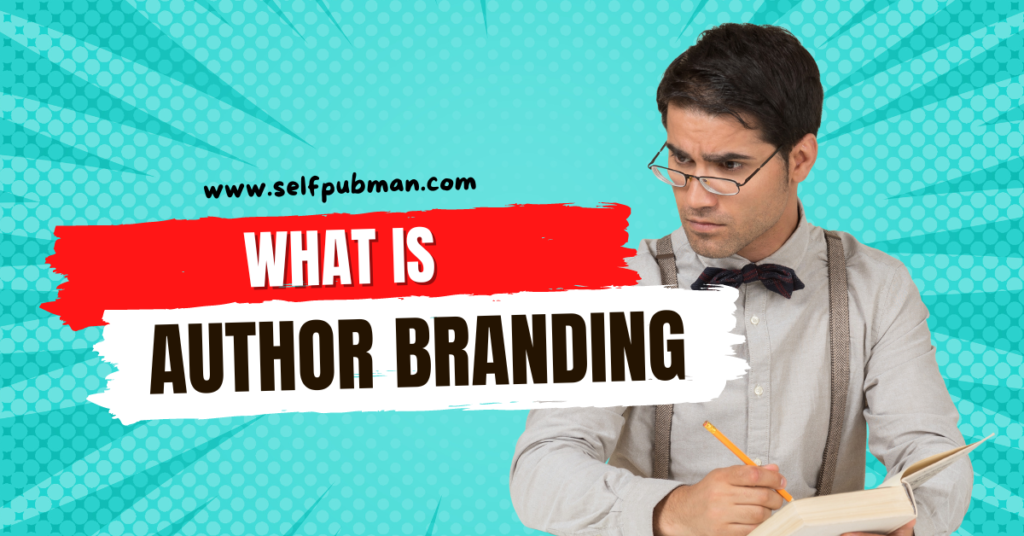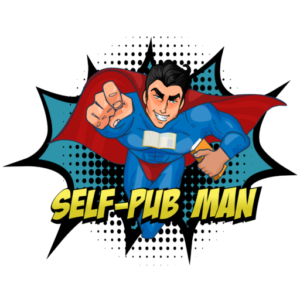What is Author Branding? An author’s brand is the image that an author projects to the public. This image can be of many different things but is often a combination of an author’s personality, work, and values. Author branding can be a valuable tool to control how the public perceives them and help them market their job more effectively.
There are many different ways that authors can go about branding themselves. Some authors project a professional image, while others may be more relaxed and approachable. It depends on what an author’s goals are and what kind of audience they are trying to reach. Many factors go into author branding, but some of the most important ones include an author’s name, logo, website, social media presence, and overall message.
Table of Contents
The benefits of author branding.
Author branding has many benefits, including increased visibility and recognition, improved search engine rankings, and building a loyal following. In addition, by creating a solid brand, authors can stand out in a crowded marketplace and better connect with their target audience.
An author brand is more than just a logo or tagline–it’s the overall image an author presents to the world. A well-crafted brand can help authors build credibility and trust, leading to more sales. Author branding can also make it easier for readers to find the types of books they’re looking for and can create a sense of loyalty among fans.
Whether just starting or writing for years, developing a solid author brand can be a valuable way to boost your career.
How to create an author brand.
An author brand is the set of values, characteristics, and attributes that make up an author’s public persona. It is the way an author presents him or herself to the world. An author brand can be helpful in many ways. It can attract readers, build trust, and establish credibility. It can also help an author sell more books.
There are a few things to remember when creating an author brand. First, it should be authentic and reflect who you are. Second, it should be consistent across all platforms and channels. And third, it should be unique and different from other authors in your genre.
The key elements of an author brand.
Author branding creates and curates a public persona that reflects your writing style and values. It’s essential to marketing your work and building a following, but it can also be a minefield for new authors. Here are some key elements to consider when developing your author brand.
First, think about what makes you unique as an author. What is your writing style? What are your values, and how do they come through in your work? Once you understand what makes you unique, you can start to craft a public persona that reflects those qualities.
It’s essential to be consistent with your author brand across all platforms, from social media to your website to how you interact with fans and critics.
Building an author brand online.
An author brand is a public persona that an author presents to the world. It sets them apart from other authors in their genre and establishes them as an authority on their subject matter. An author brand can be built through many online channels, such as social media, a website, or a blog.
The first step to building an author brand online is to create a platform to share your work with the world. This can be done through a personal website, blog, or social media. Once you have created a platform, start sharing your work regularly and engaging with your audience. If you can build up a following of people interested in your work, you will have taken a big step toward creating a successful author brand.
Another essential element of building an author brand online is creating valuable and engaging content for your target audience.
Author branding case studies.
Author branding can be a powerful marketing tool for authors. By creating a strong and consistent author brand, authors can connect with their audience, build trust, and sell more books.
There are many ways to approach author branding, and no one-size-fits-all solution exists. However, we can learn what works and doesn’t work for different authors by looking at author branding case studies.
One author who has successfully used author branding is J.K. Rowling. Rowling has built a strong brand for herself and her Harry Potter books. Her brand is so strong that her true identity was quickly revealed even after she released a book under a pseudonym (Robert Galbraith). Rowling’sbranding has helped her to sell hundreds of millions of books and become one of the most successful authors in the world.

Conclusion: what is author branding?
As an author, your brand is more than just your book. It’s how you present yourself to the world. It’s what people think of when they hear your name. And it can make or break your career.
There are a lot of ways to build a strong author brand. But it all starts with knowing who you are and what you want to be known for. Once you have that down, you can start creating content that reflects your brand and connecting with readers who appreciate your work.
Building a solid author brand takes time and effort, but it’s worth it. A strong brand will help you sell more books, connect with more readers, and have a lasting impact on the literary world.






